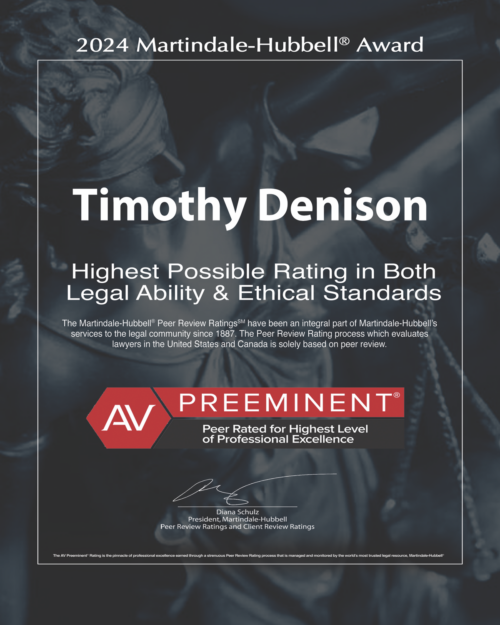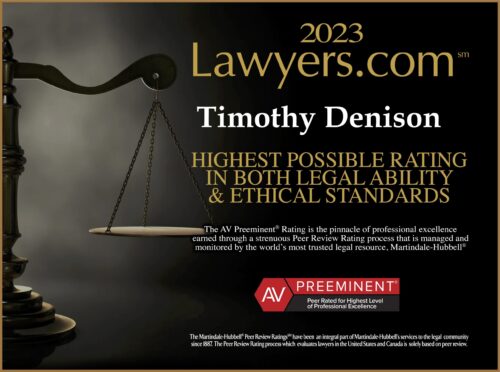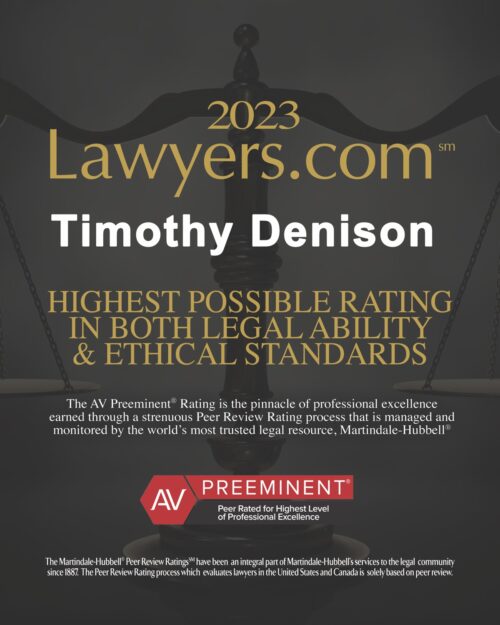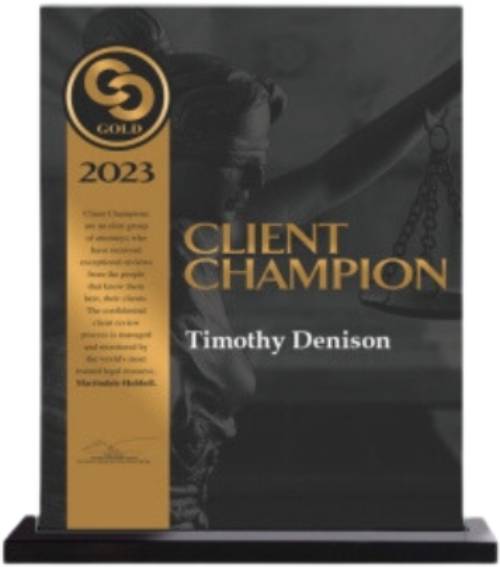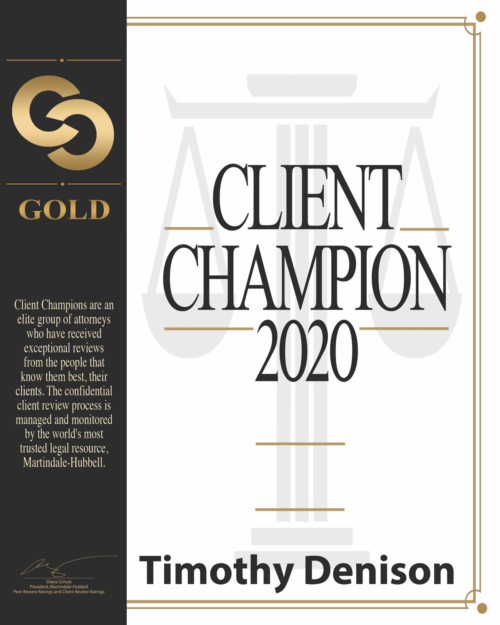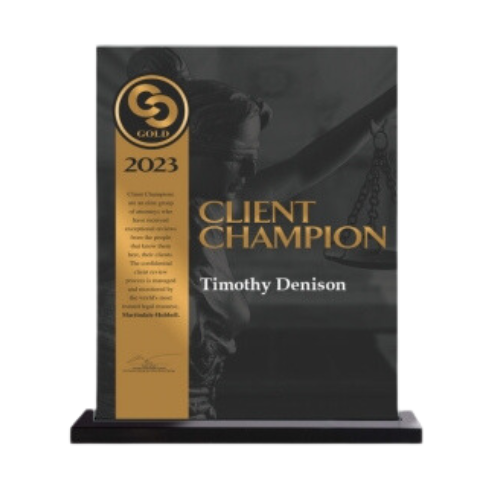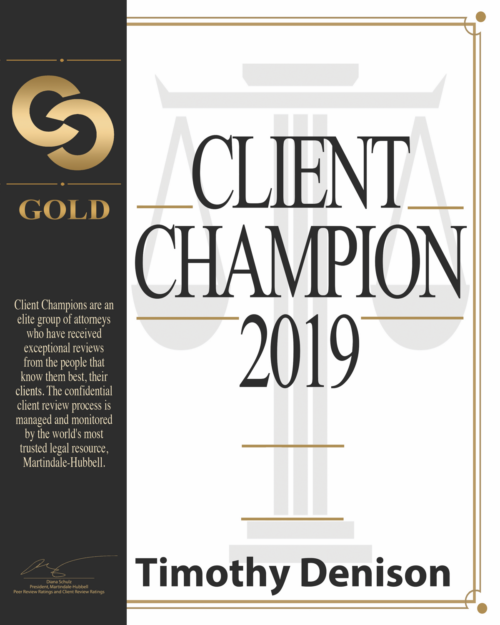Lawyer Ethics Should Mean Something
 As a skilled trial lawyer, I believe in the importance of the oath I took. When it comes to legal issues, lawyer ethics should mean something. The law allows for a vigorous defense of your client’s rights and freedom. I understand what it means to get right up to the red line, without crossing over it and I’ll push the boundaries as far permitted under the rules to defend and represent my clients zealously.
As a skilled trial lawyer, I believe in the importance of the oath I took. When it comes to legal issues, lawyer ethics should mean something. The law allows for a vigorous defense of your client’s rights and freedom. I understand what it means to get right up to the red line, without crossing over it and I’ll push the boundaries as far permitted under the rules to defend and represent my clients zealously.
But some lawyers don’t see it that way. Some are even tempted to cross that line for whatever reason, be it desperation, incompetence or even stupidity. I’ve seen it happen many times and more importantly, I’ve dealt with it effectively.
When a person hires an attorney, the conversations they have between themselves are privileged. This means they’re private, confidential and can’t be disclosed by the lawyer except with express permission from the client. The other side doesn’t have a right to know the subject or the content of those conversations unless they are made available by the opponent.
Similarly, the letters, texts and other forms of communication (including but not limited to electronic) between an attorney and his/her client are also protected under the Attorney-Client Privilege.
Now, in an effort to uncover information and/or facts related to those conversations, some lawyers are tempted to do and say almost anything to get a leg up in a case with little or no regard for the truth. This is especially true when there’s a lot on the line (and especially if it involves money). I recently saw this happen with two incompetents on the other side of a case I’m currently handling.
We’ve heard the term “mole” before. This is usually an insider who wants to provide information, sometimes for monetary reward or publicity. This is different from an honest whistleblower. As an attorney, if you’re approached by a mole whom you believe has truthful facts or information relevant to your case, you can listen and possibly use the information provided you did not seek, initiate, encourage or in any way solicit the information, even if it is damaging and harmful to the opposing side.
What you can’t do is plant a mole to spy and/or steal privileged information or in any way aid or abet the insider. It’s a simple question of ethics.
As I said in the beginning, lawyer ethics should mean something but to the aforementioned incompetents and some others, ethics didn’t mean a thing.
Judges typically take a less than favorable view of lawyers who intentionally violate the rules of the court or other issues related to lawyer ethics. The consequences for misconduct can be devastating to a case by causing evidence to be thrown out (or allowed in), depending on the circumstances. Lawyers can be severely reprimanded and/or sanctioned by the court. Depending upon the severity of the violation or violations, they could potentially even be suspended or dis-barred (stripped of the ability to practice law).
More often than not, what usually happens is that the judge begins questioning other facts presented to see if they were legally gathered. This is where I can unleash a fury of tactics to advance or enhance the client’s claims or take apart the charges or claims against my client. If you’ve ever watched an MMA match, this is where I ground and pound. Yes, if you’re opposing counsel, you’ll feel every blow.
I’m an aggressive attorney. I’ll do what it takes within the rules to successfully represent my client. But there are boundaries. Lawyer ethics is a subject I’ve lectured on and covered in Continuing Legal Education (CLE) seminars for years. I regularly consult and instruct other attorneys on issues related to ethics. It’s one reason I’m extremely good at knowing where the boundaries are and what lines not to cross. It’s also why I’m able to spot instances where the other attorneys cross the line. Once that happens, this caggressive attorney goes on offense. Time to ground and pound.






